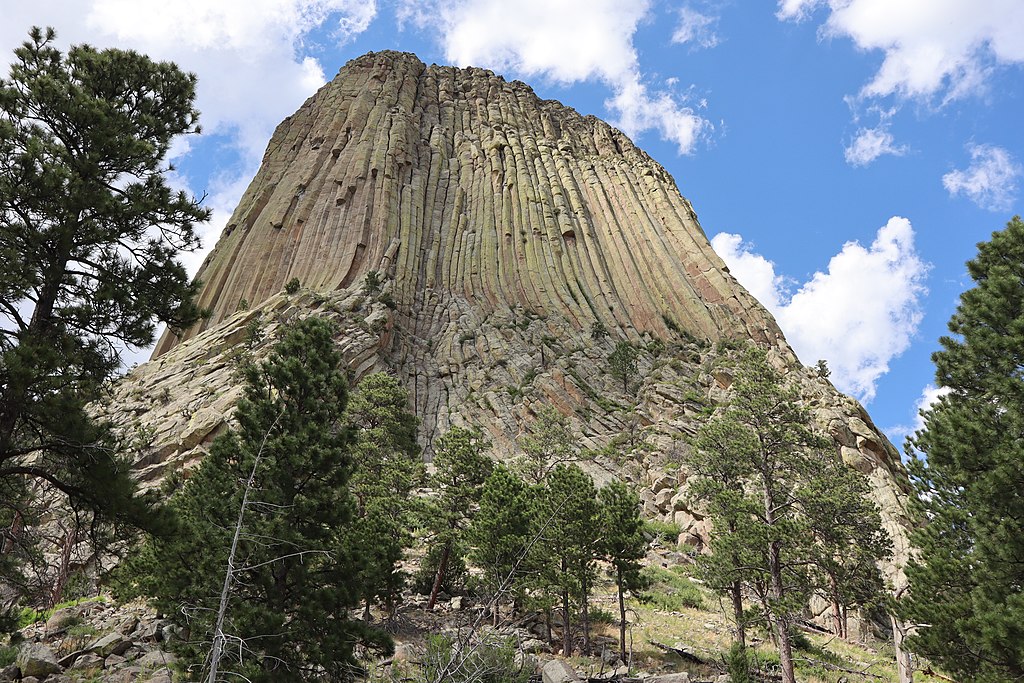
- Details
- By Jenna Kunze
The White House wants to to increase protection of and access to Indigenous sacred sites.
On Wednesday, the White House Council on Native American Affairs (WHCNAA) held a listening session with Native leaders to hear feedback on how to improve the land stewardship and preservation of sacred sites across Indian Country.
The listening session was a follow up to an initiative launched last November by Department of the Interior Secretary Deb Haaland. Following the Tribal Nations Summit last fall, eight federal agencies signed a Memorandum of Understanding, committing themselves to consulting with Native American, Alaska Native, and Native Hawaiian tribes to improve the protection of Indigenous sacred sites.
This week’s session was led by WHCNAA Executive Director Morgan Rodman, and included Department of the Interior Assistant Secretary for Indian Affairs Bryan Newland as well as representatives from the U.S. Departments of Agriculture, Transportation, and Energy, the Environmental Protection Agency, the White House Council on Environmental Quality, the Advisory Council on Historic Preservation, and the Tennessee Valley Authority.
Some of the goals identified were: establish an interagency working group; integrate consideration of sacred sites early into decision-making processes; and highlight the importance of public stewardship to protect sacred sites, according to an Interior press release.
More Stories Like This
Navajo Resources and Development Committee Issues Notice on Livestock Inspection RequirementsAmerican Prairie, Tribal Coalition Files Protest Over Rescinded Grazing Rights
Northern Cheyenne Push Back Against Trump Administration’s Effort to Alter Little Bighorn History
Florida Man Sentenced for Falsely Selling Imported Jewelry as Pueblo Indian–Made
Navajo Nation Declares State Of Emergency As Winter Storm Threatens Region
Help us defend tribal sovereignty.
At Native News Online, our mission is rooted in telling the stories that strengthen sovereignty and uplift Indigenous voices — not just at year’s end, but every single day.
Because of your generosity last year, we were able to keep our reporters on the ground in tribal communities, at national gatherings and in the halls of Congress — covering the issues that matter most to Indian Country: sovereignty, culture, education, health and economic opportunity.
That support sustained us through a tough year in 2025. Now, as we look to the year ahead, we need your help right now to ensure warrior journalism remains strong — reporting that defends tribal sovereignty, amplifies Native truth, and holds power accountable.
 The stakes couldn't be higher. Your support keeps Native voices heard, Native stories told and Native sovereignty defended.
The stakes couldn't be higher. Your support keeps Native voices heard, Native stories told and Native sovereignty defended.
Stand with Warrior Journalism today.
Levi Rickert (Potawatomi), Editor & Publisher

